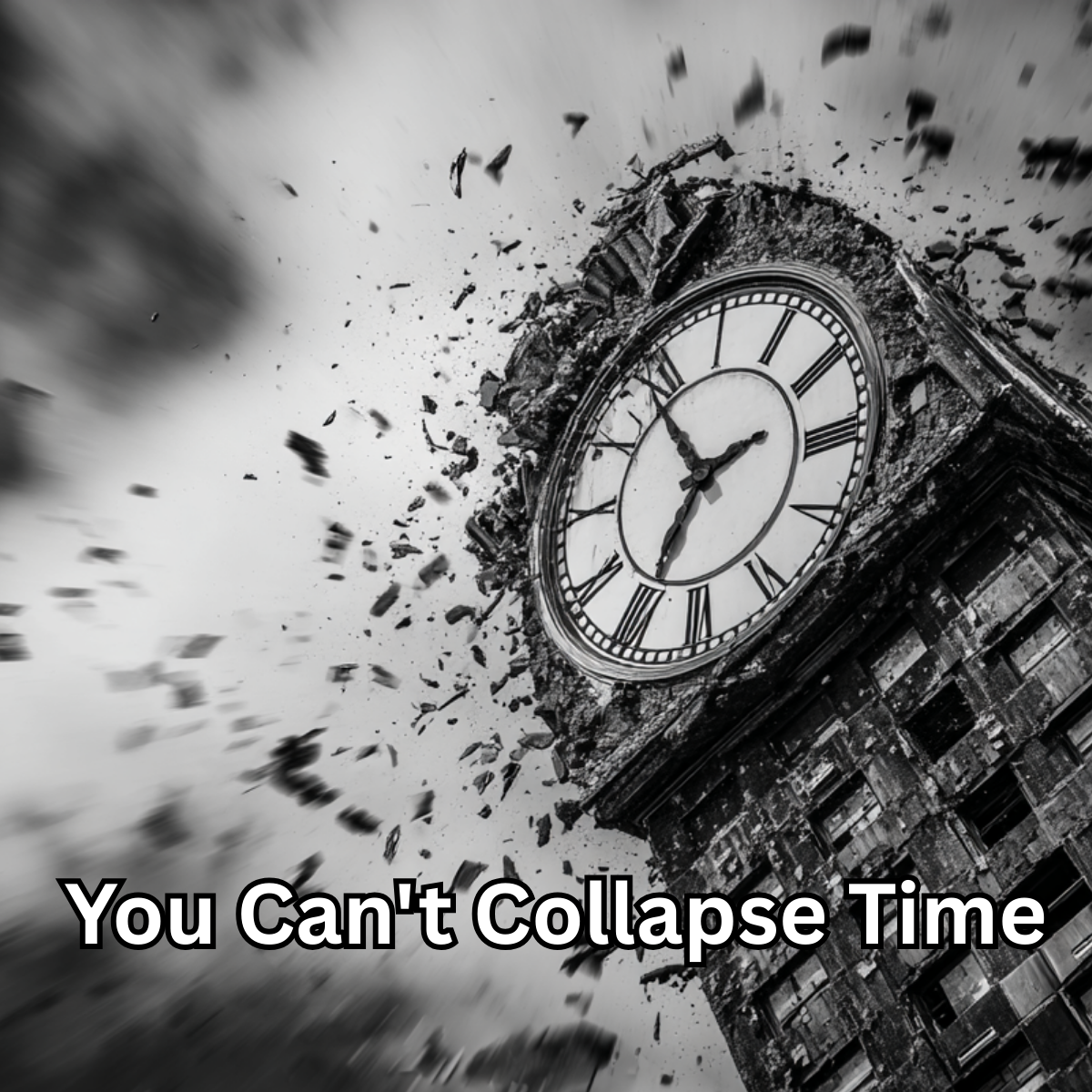During a morning run, I found myself cataloging the major mistakes of my life – a short but significant list. While dwelling on regrets is futile, something about today made me ponder deeper. Recently, someone described me as a ‘risk-taker,’ prompting me to ponder what that really means. Reflecting on the risks I’ve embraced and those I’ve avoided, I made a startling realization. This introspection led me to an intriguing observation about risk in my life. Strikingly, I discovered that my greatest errors coincided not with taking risks but avoiding them. I don’t believe this is a mere coincidence.
Research suggests that risk and exposure to high-pressure situations significantly impact decision-making. While the outcome of any decision can be attributed to a myriad of causal factors, there’s an indication that high-stakes environments activate a more incentivized and dynamic brain function. Conversely, in scenarios where risk is avoided, the mindset shifts. Here, the brain might engage in a different intensive decision-making process, potentially leading to less considered choices. This difference in mental engagement between risk-taking and risk-avoidance scenarios could be vital in understanding why avoiding risk sometimes leads to significant mistakes.
Hesitancy in decision-making often stems from fear, uncertainty, or a desire to avoid potential adverse outcomes. Compared to careful deliberation, which is thoughtful and proactive, hesitancy is reactive and can be paralyzing. Psychologically, it’s linked to a lack of confidence or an overemphasis on potential risks. This mindset impacts the quality of decisions. Hesitant choices are frequently incomplete, delayed, or made in a rush to avoid discomfort rather than from a place of informed confidence.
In contrast, even in risky situations, decisive action tends to involve more comprehensive consideration and commitment to the chosen path. For example, I remember having to decide between two different career options when I was younger. I was really struggling with making a decision, and I was hesitant. In retrospect, I picked the wrong path because I allowed myself to overthink the process. This highlights that while not every decision made hesitantly is a mistake, a habitual tendency to hesitate can lead to significant errors or missed opportunities. Therefore, understanding and managing hesitancy is crucial in creating more effective and confident decisions.
I recall a story my aunt shared about her and her husband’s experience with cliff diving. They once climbed to the top of a high cliff overlooking a lake, where they encountered a group of teenagers paralyzed by the decision to jump. In stark contrast, my aunt and her husband, without hesitation, confidently walked to the edge and leaped into the water. This act of fearlessness astonished the teenagers and instantly infused them with the courage to follow suit.
This scenario begs the question: How long would these teenagers have agonized over the decision to jump if not for seeing others do it first? Their hesitation could have led to risky behaviors, like trying to find a lower spot to jump from or dangerously hanging off the edge, which might have increased the chance of injury.
While hesitancy can sometimes be justified – and it’s important to note that activities like cliff diving do carry real risks – this story illustrates how hesitancy can also be dangerous. It can lead to half-measures or poorly thought-out actions that might be riskier than a confident, well-considered decision.
I find myself more effective when operating in ‘risk mode.’ The state of being hesitant, overly careful, and preoccupied with potential failures often leads me into a mindset of doubt and inaction. While it’s essential to be reasonably confident in my choices, the benefits of taking action often outweigh the drawbacks of not considering every possible point of failure.
There’s a delicate balance to strike between careful consideration and decisive action. Sometimes, in our fear of making the wrong choice, we can delay ourselves to the point where the opportunity’s inherent value diminishes. This loss, the opportunity cost of hesitancy, is an overlooked but critically important factor. I’ve learned that embracing risk within reason propels me forward and often leads to more fulfilling and successful outcomes.
When faced with uncertainty, sometimes the best course of action is to simply take the leap. More often than not, the anxiety and hesitation surrounding a decision can be more hindering than the risk itself. So, when you find yourself at a crossroads, weighed down by indecision, remember that action often carries its own rewards. Just do it – with a mindful yet bold spirit. The path forward is forged by those who dare to take the first step.





I have always found that if I overthlnk something I am about to do it feeds upon my fear. If I just do it the outcome is usually positive. Not always. but usually!